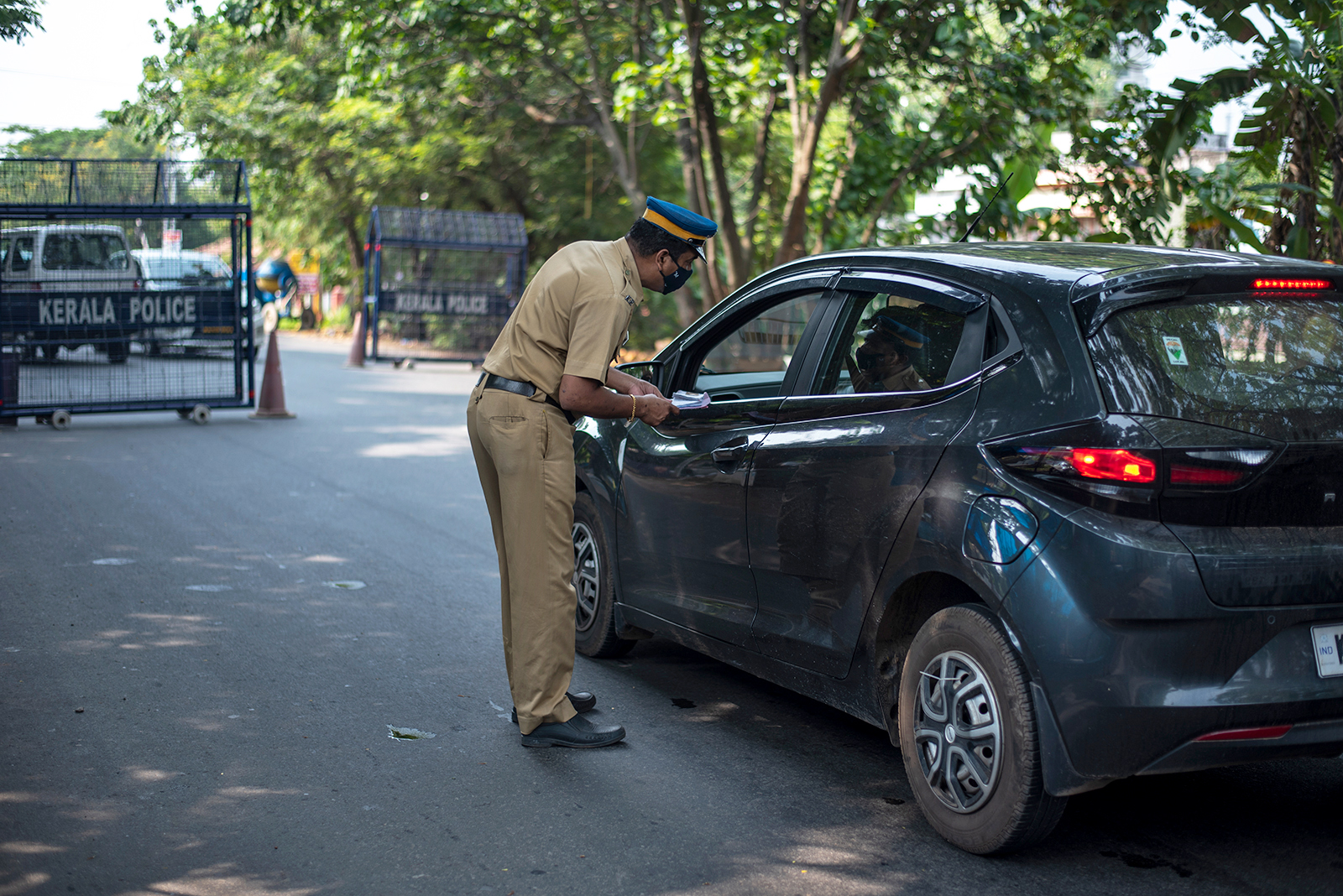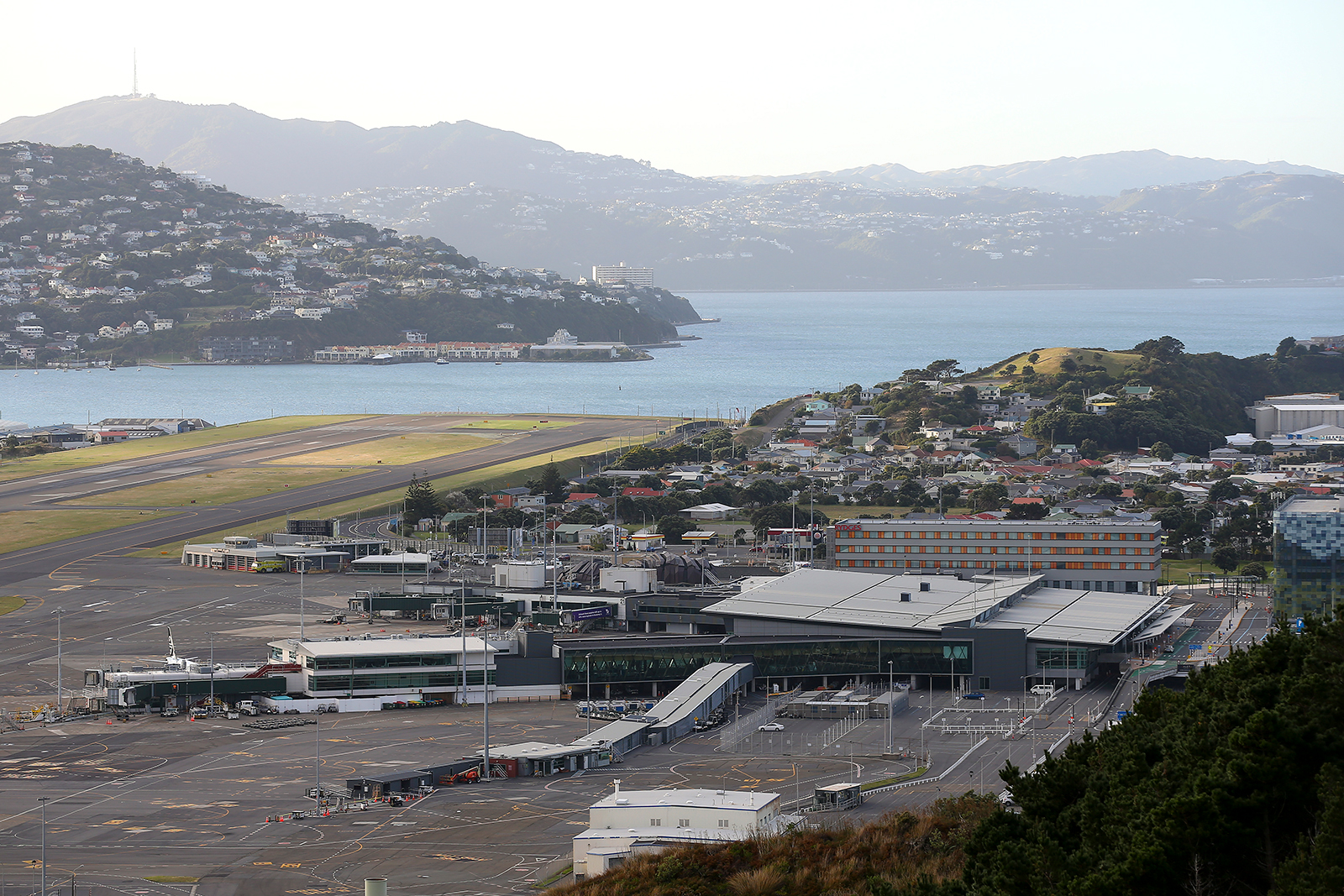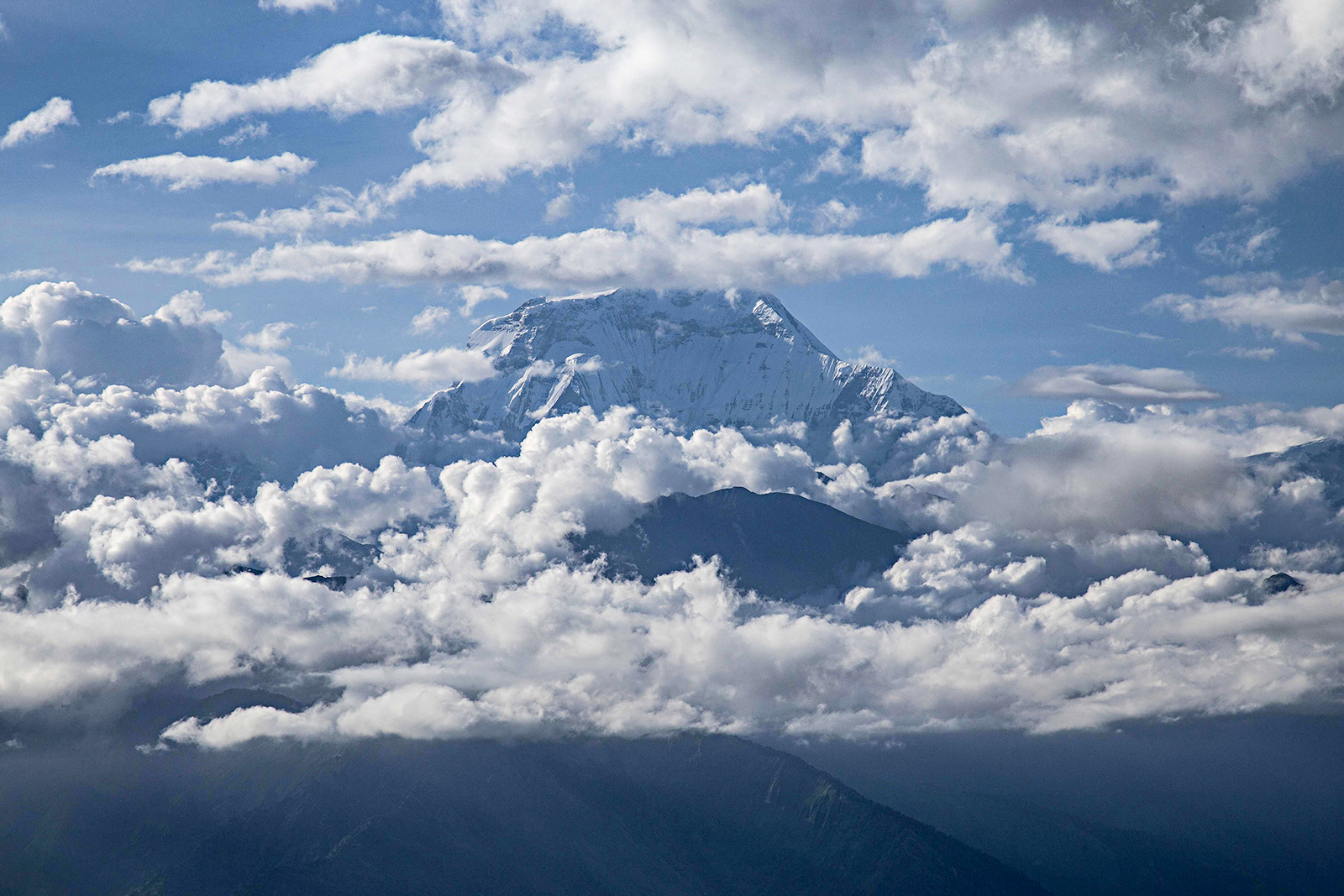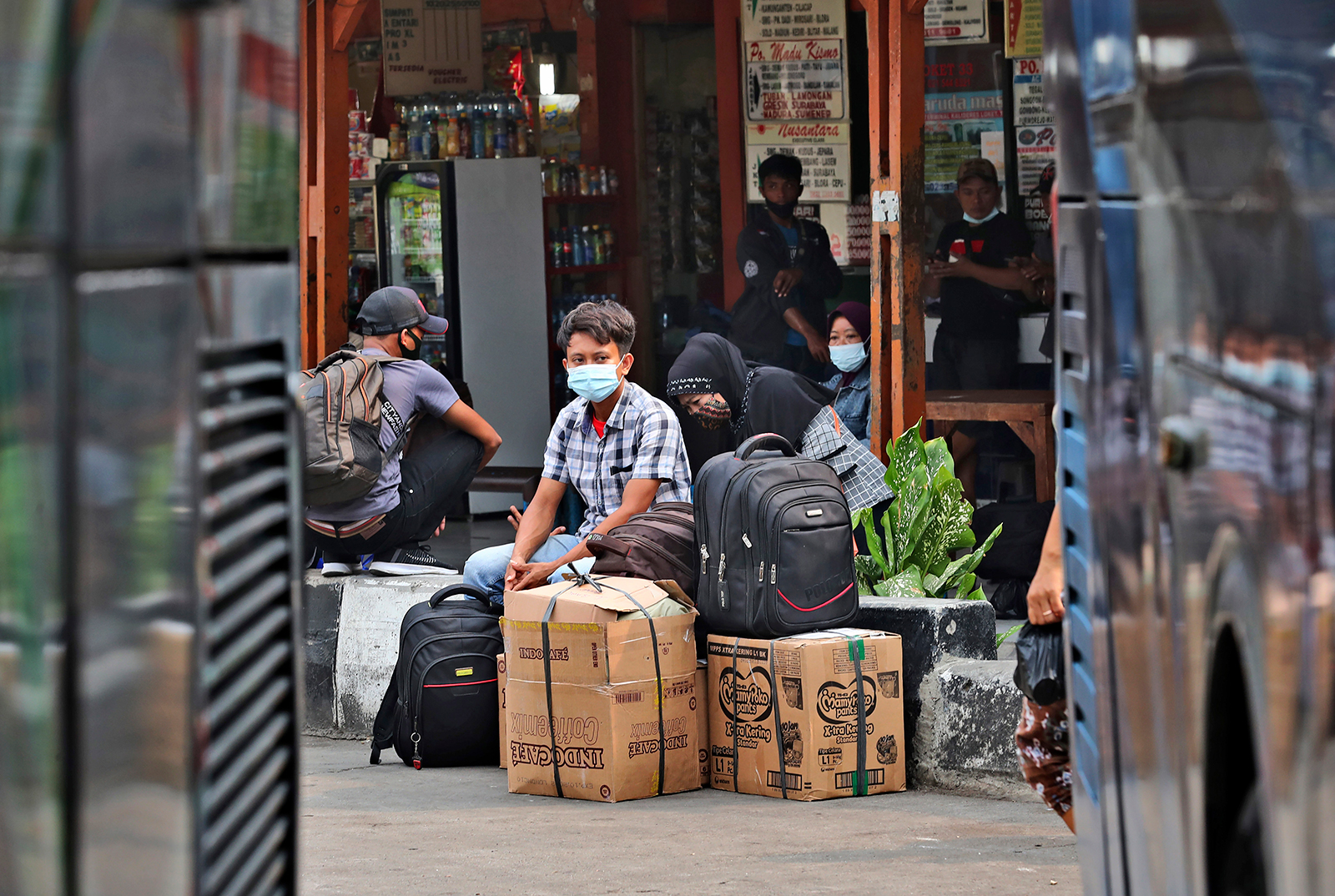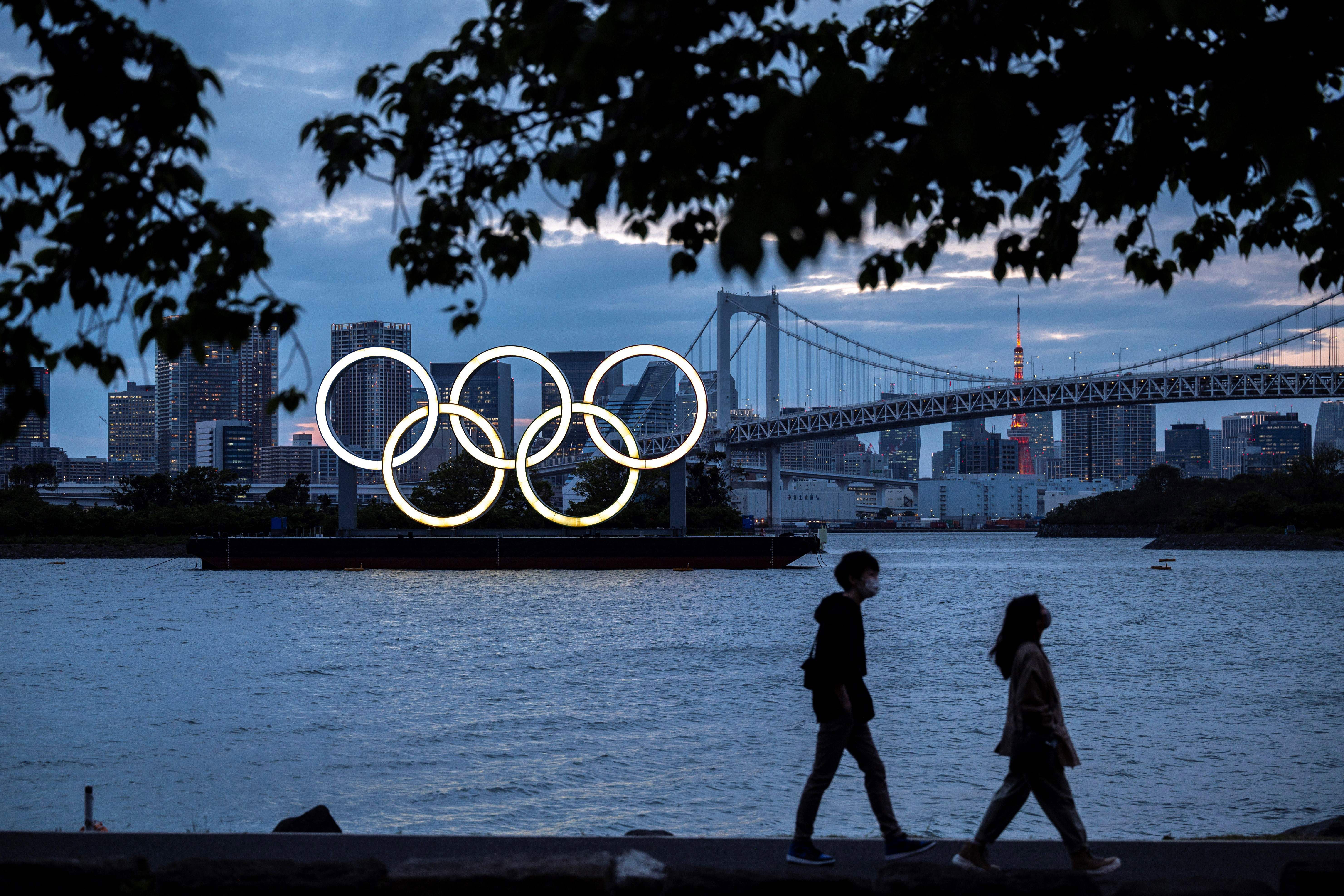
The International Olympic Committee (IOC) announced that Pfizer/BioNTech will donate Covid-19 vaccine doses to Olympic athletes for the Tokyo 2020 Olympic Games scheduled for July.
"As part of the plans to ensure safe and secure Olympic and Paralympic Games Tokyo 2020, the International Olympic Committee (IOC) today announced the signing of a Memorandum of Understanding (MoU) with Pfizer Inc. and BioNTech SE to donate doses of the companies’ COVID-19 vaccine to Games participants from National Olympic and Paralympic Committees around the world," the IOC said in a statement Thursday.
The IOC said the national committees will work with local governments to coordinate distribution of the vaccines "in accordance with each country’s vaccination guidelines and consistent with local regulations."
The committee added it encourages athletes to get vaccinated in their home countries before traveling to Japan. "This is not only to contribute to the safe environment of the Games, but also out of respect for the residents of Japan," the IOC said, adding that based on feedback from national committees it expects "a significant proportion" of athletes will be vaccinated before arriving.
"It is important to note that any additional doses delivered by Pfizer and BioNTech will not be taken out of existing programmes, but will be in addition to existing quotas and planned deliveries around the world," the IOC added.
“This donation of the vaccine is another tool in our toolbox of measures to help make the Olympic and Paralympic Games Tokyo 2020 safe and secure for all participants, and to show solidarity with our gracious Japanese hosts,” said IOC President Thomas Bach.
“By taking the vaccine, they can send a powerful message that vaccination is not only about personal health, but also about solidarity and consideration of the wellbeing of others in their communities,” Bach added.
